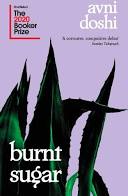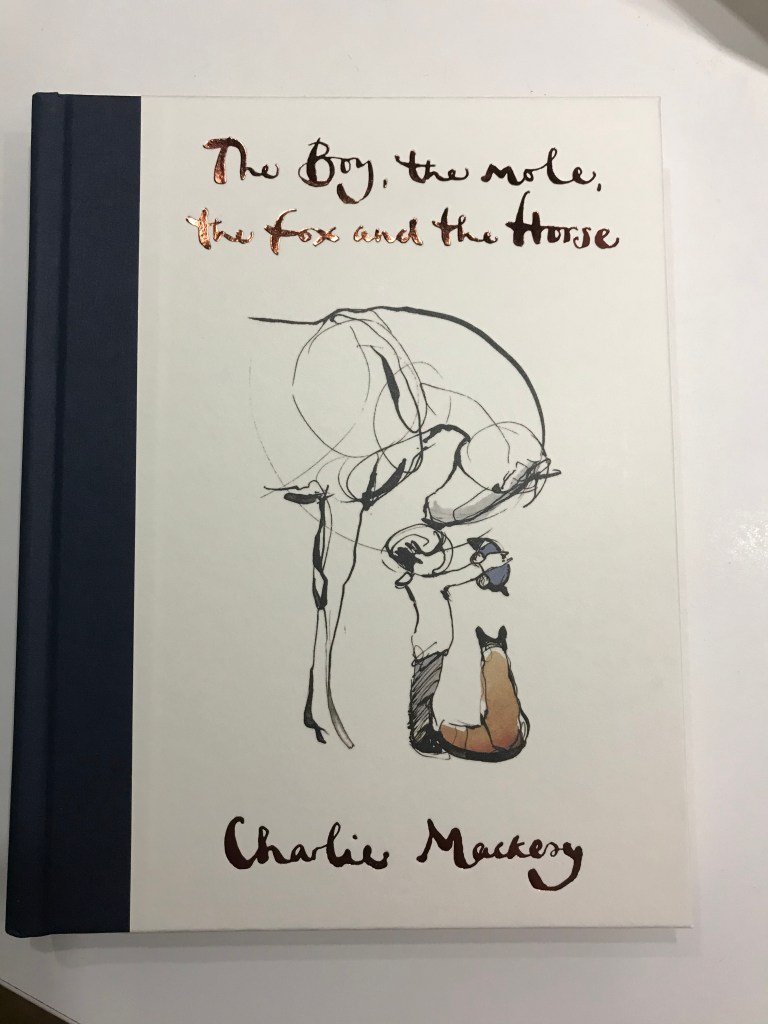I could not have been more delighted at the announcement last week that Shuggie Bain, the debut novel by Douglas Stuart (a Scottish fashion designer who now lives in New York city), had won the Booker Prize. I posted last week about how I had enjoyed the book. I did not exactly predict the winner; I’d only read two of the books on the shortlist and the other one I didn’t really like! I felt more a part of the ceremony this year than ever before. It was incorporated into the Radio 4 arts programme Front Row, whereas usually there is a fancy-pants dinner, and Will Gompertz, in his black tie, appears at the end of News at Ten, to tell us, briefly, who has won. The rest of us, the actual real-life readers and book-buyers, are left out of the glittery literati event. Not this time though; sitting at home, like all the nominated authors, I was on tenterhooks too.

It was the same with the Women’s Prize, back in the summer. It was such a treat to attend all the virtual pre-prize interviews, hosted by author Kate Mosse, with the worldwide audience posting their questions and comments on the Zoom rolling chat. We would never have been able to do that before, when such things would all have taken place in London. I hope that is one aspect of life that we keep, going forward. The winner of the Women’s Prize this year was Hamnet by Maggie O’Farrell. I had not read at the time it was awarded the prize, but it was on my TBR list. I have subsequently read it and, if you haven’t already heard, it was a joy to read. It is one of the most profoundly moving books I have read in a very long time; Maggie O’Farrell is an author at the top of her game and she is still only 48.
Hamnet is the story of a marriage and a child. The marriage is that between William Shakespeare (though he is never actually named in the novel) and his wife Agnes (we know her better as Anne Hathaway of course, but her birth name was actually Agnes). The novel does not pursue a linear narrative; it begins with the eleven year old boy Hamnet searching frantically for his twin sister Judith, who is dangerously sick with fever. The house belongs to his grandparents, his father’s parents. His father is away working in London and the family has lived with them since his parents married. The grandfather is a glove-maker and both produces and sells his gloves from the home, where there is a window that faces out on to the Stratford street. The grandfather is a violent bully who believes his playwright son is a hapless good-for-nothing.
Hamnet’s mother is older than his father by some seven or eight years, and they married after a brief and passionate courtship which led to Agnes falling pregnant. This was partly the intention; Agnes, whose mother had died when she was a child, is a wildish creature whom her vulgar stepmother treats with suspicion and contempt. For Agnes, the pregnancy is a wish-fulfilment, and the hasty marriage a way out of her father’s home, which is now dominated by his second wife and a new set of offspring.
Agnes gives birth, as she expects, to a girl, Susannah. Agnes has a deep knowledge of plants and herbs and people come to her for healing. She is also said to have powers of premonition. These qualities are said to be inherited from her mother. When she falls pregnant for a second time Agnes is puzzled and distressed as she feels instinctively that something is wrong or that some ill fate awaits the child, but she cannot pinpoint what it is. Her confusion over whether the baby is a boy or girl troubles her. In the end she gives birth to twins, a girl and a boy, and her husband laughs off her confusion.
While the children are growing, the playwright pursues his career and, encouraged, by Agnes, goes to London, ostensibly to sell his father’s gloves, but actually to explore what opportunities there might be for him there. Dazzled by the theatre and by the thespians he meets, he decides that he should stay in order to make enough money to support his family. He does this with his wife’s blessing although she does not realise, at this stage, how far apart the separation will drive them.
SPOILER ALERT…ish (you have probably already have heard what happens):
Back in Stratford, Judith contracts the plague and becomes dangerously ill. Agnes believes her child will die. There is a shocking turn of events, however, when Judith suddenly recovers, but, exhausted by the sleepless worry and the caring for her daughter, Agnes fails to notice the rapid deterioration in her son Hamnet, who suddenly contracts the disease. It is a brilliant and devastating few pages as we regain Judith and lose Hamnet. O’Farrell has said that she could not write this scene until her own son had passed the age of eleven. It seems it was as profound an experience writing it as it is to read.
Hamnet’s father does not make it back in time for his son’s last breath and this sets the tone of the remainder of the book. Hamnet’s death occurs about halfway through and the rest of the novel explores the grief experienced by husband and wife. Each feels their loss in a different way and their inability to find comfort in each other in such a terrible moment almost breaks them, both as a couple and as separate individuals.
The ending of the book is interesting, I won’t explain how it pans out, except to say that the playwright writes a play called Hamlet in which a young man dies, but, for me, the emotional peak is much earlier on with Hamnet’s death. The rest is a fascinating study of grief but not as intense.
A wonderful book, brilliantly conceived, brilliantly executed. A worthy winner, despite being up against the very brilliant The Mirror and the Light by Hilary Mantel. I think it’s more accessible and a little more human than Mantel’s book, which I also loved, by the way.
Very highly recommended.









